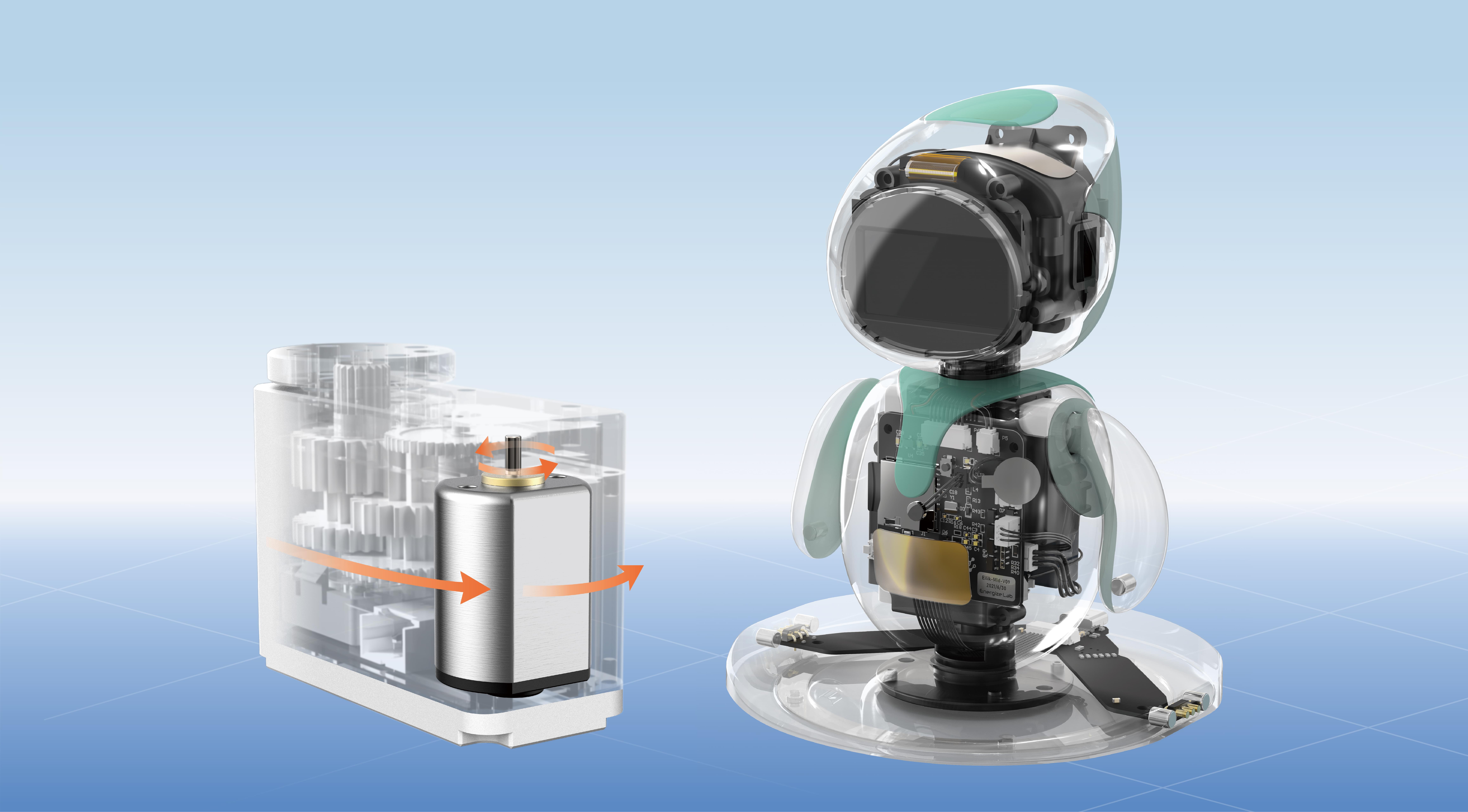Here's a lively, engaging piece about microservice interview questions, tailored to your specifications:

Ever wandered into an interview room, sitting right there, trying to impress with your knowledge of microservices? The buzz around seamelessly splitting systems might sound simple, but the deep dive into microservice architecture and the common interview questions can suddenly feel like stepping into an intense quiz show. It’s not just about knowing what microservices are—it's about how well you understand the real-world challenges, trade-offs, and architectural patterns.
Let’s be honest. Everyone hears “microservices” and pictures that Netflix or Amazon scale — huge, resilient, flexible. But the questions asked in interviews? They’re often more practical. How do you handle data consistency when services are autonomous? What's the role of service registry? Or, a favorite—“How do you manage service failures?” Good question. No one wants a domino effect when one tiny service hiccups. It’s like fixing a leak in a bathtub without shutting the water off first.
Then there are questions about deployment. Can you discuss containerization? Docker, Kubernetes—these terms pop up constantly. Interviewers may ask, “How would you orchestrate hundreds of microservices?” That’s where understanding the balancing act comes in: you don’t just deploy; you optimize for uptime, scalability, and quick rollback. If you can give real examples, like how you've reduced downtime through auto-scaling, that'll paint you as someone who really gets it.
Now, what about security? No one wants shaky systems. Questions might probe your understanding of API gateways, token management, or why microservices need different security layers. Walking through a scenario is more effective than just reciting buzzwords. Imagine explaining how you set up a secure API gateway that blocks malicious traffic while keeping access smooth for legitimate users.
And then, some questions hit on transformation. Have you ever had to convert a monolith into microservices? That’s messy, complicated, and requires a sweet spot of technical vision and patience. Handling legacy data, ensuring minimal downtime—they’re key points that show you’ve been in the trenches.
Sometimes, the questions seem straightforward but are designed to see if you think outside the box. They’ll ask about specific challenges—like, “How do you handle data consistency across services?” Actually, it’s a classic. You may talk about event-driven architectures or eventual consistency, but remember, each approach has its quirks. It’s about showing you don’t just memorize answers—you understand their nuances.
You see, cracking these questions isn’t about memorizing scripts. It’s about sharing insights from real projects, showing your grasp of the nuts and bolts, and painting a picture of someone who can manage chaos while keeping things neat. Approach these questions like a conversation—be honest about what you've faced, what you’ve learned, and where you're still exploring.
In the end, the right answers make you stand out—not because you regurgitate textbook answers, but because you connect concepts to tangible situations. That’s how you turn a standard interview Q&A into a showcase of your authentic understanding.
Established in 2005, Kpower has been dedicated to a professional compact motion unit manufacturer, headquartered in Dongguan, Guangdong Province, China. Leveraging innovations in modular drive technology, Kpower integrates high-performance motors, precision reducers, and multi-protocol control systems to provide efficient and customized smart drive system solutions. Kpower has delivered professional drive system solutions to over 500 enterprise clients globally with products covering various fields such as Smart Home Systems, Automatic Electronics, Robotics, Precision Agriculture, Drones, and Industrial Automation.




































